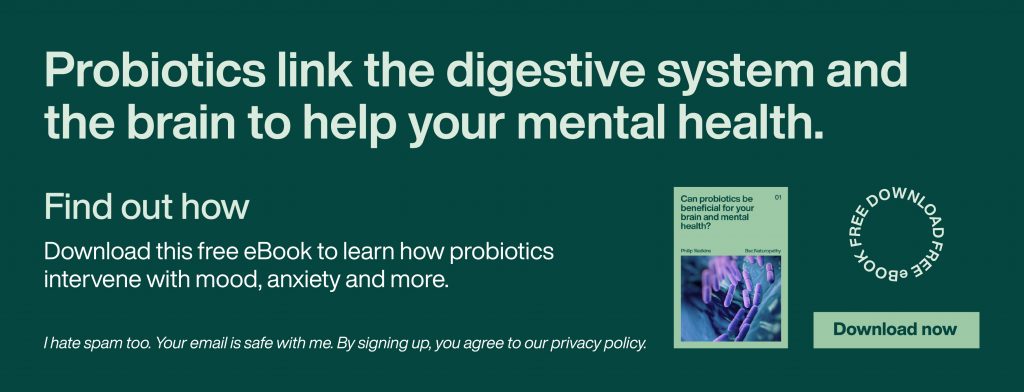Women with hormone issues such as premenstrual symptoms like cramping, bloating or unexpected emotional changes typically have gut symptoms at the start or different times during their cycle.
“I didn’t know there was a connection between my gut and my hormones.”
In this Free and Inspired radio episode, discover why the link between the gut and hormones may be the missing piece in solving premenstrual symptoms and irregular cycles.
Learn about the oestrobolome and the difference between this and the microbiome.
The bacteria in digestion play a role in balancing the amount of oestrogen in the body.
The oestrobolome refers to the section of the microbiome that breaks down oestrogen.
Probiotics in the oestrobolome play a vital role in your oestrogen clearance and circulation, two significant components in your menstrual cycle.
Learn more about how the liver works with your gut to circulate oestrogen out of the body.
Oestrogen travels around the body in the blood. Once it reaches the liver, it inactivates and changes oestrogen into a water-soluble form. It is then ready to leave the body and this is where the gut and your gut bacteria comes in.
For example, probiotic bacteria, such as Bifidobacterium species, are vital. These species contribute to the enzyme that helps oestrogen leave the body.
Find out about what this enzyme does and why it’s important when it comes to your gut and hormones.
Discover some of the causes behind gut-related hormone issues.
For example, women on a five or six-day course of antibiotics had their oestrogen levels measured.
This small study confirmed that oestrogen levels changed suggesting that the antibiotics directly affected oestrogen levels.
Women with specific hormonal conditions, such as PCOS and endometriosis, have particular characteristics in their microbiomes.
For instance, researchers studied the prevalence of IBS in over five thousand women with endometriosis. The results found that IBS was two and a half times more likely to be diagnosed at the same time!
The right type of probiotics may also help with inflammation.
For example, studies have found that higher levels of Lactobacilli bacteria were associated with lower inflammation levels.
Discover more about what the science says on this and the direction it’s travelling in.
All this and more in this episode of Free and Inspired radio!
Watch Video Now
Listen to this episode on Free and Inspired Radio
Listen to Free and Inspired Radio on your favourite platform

